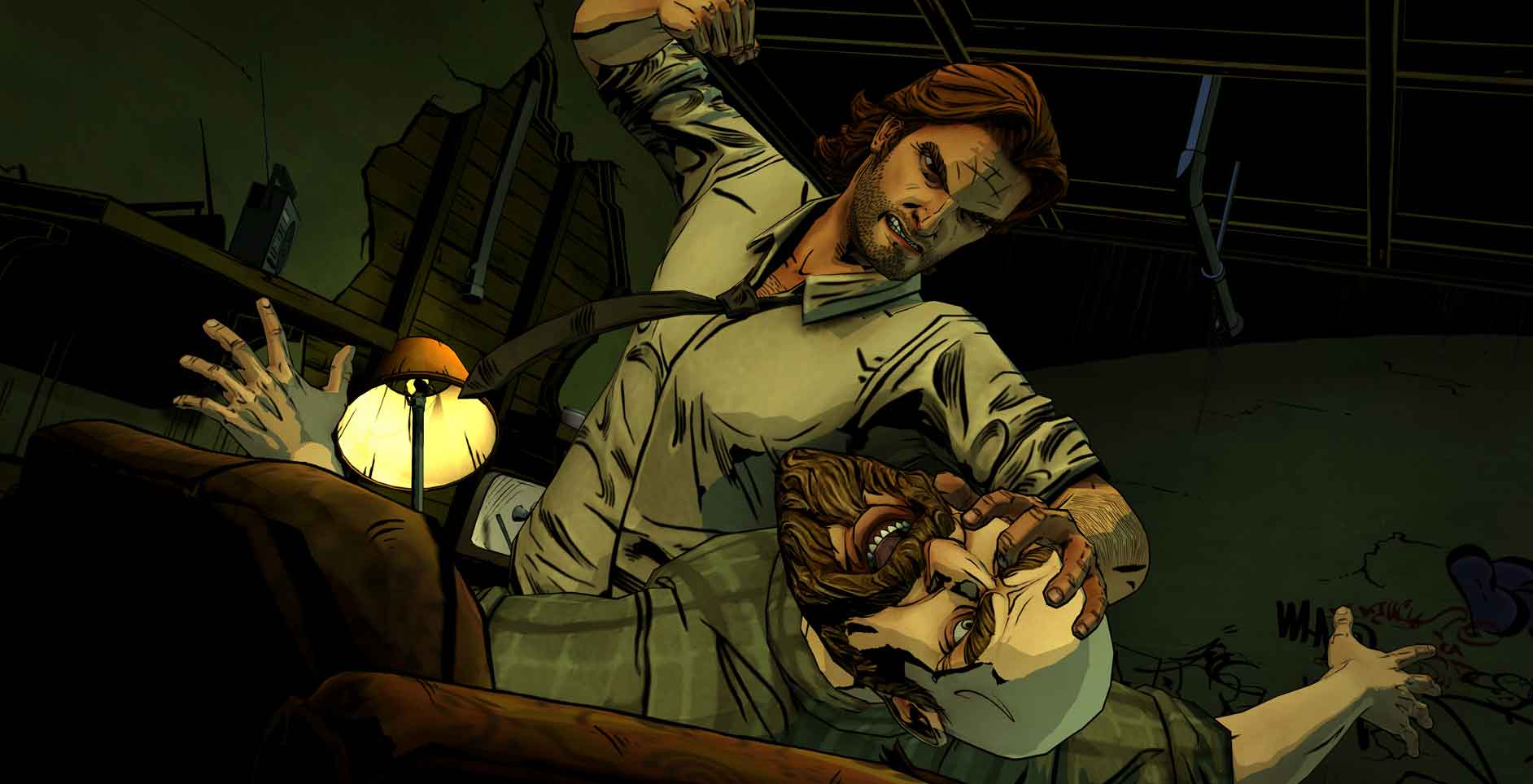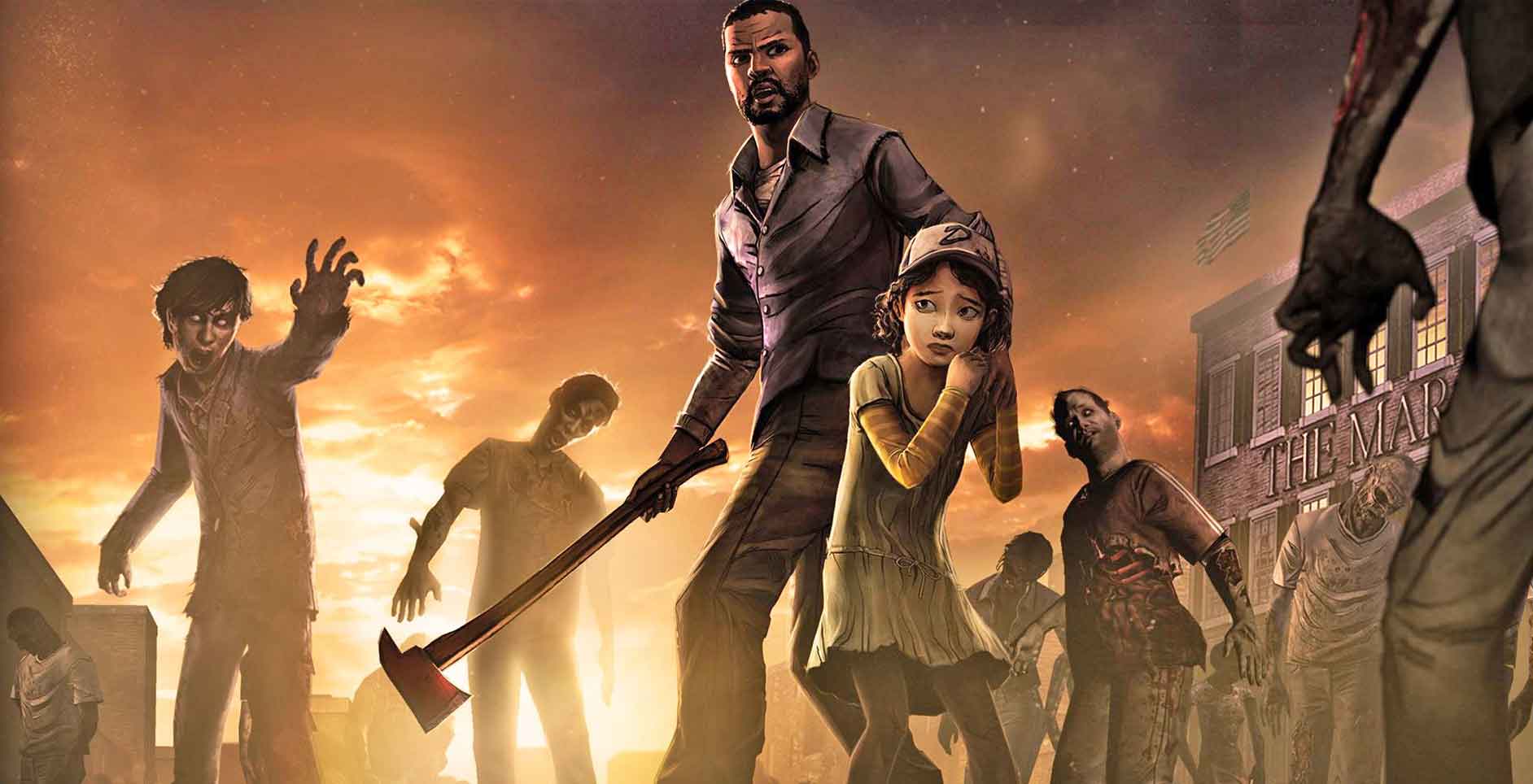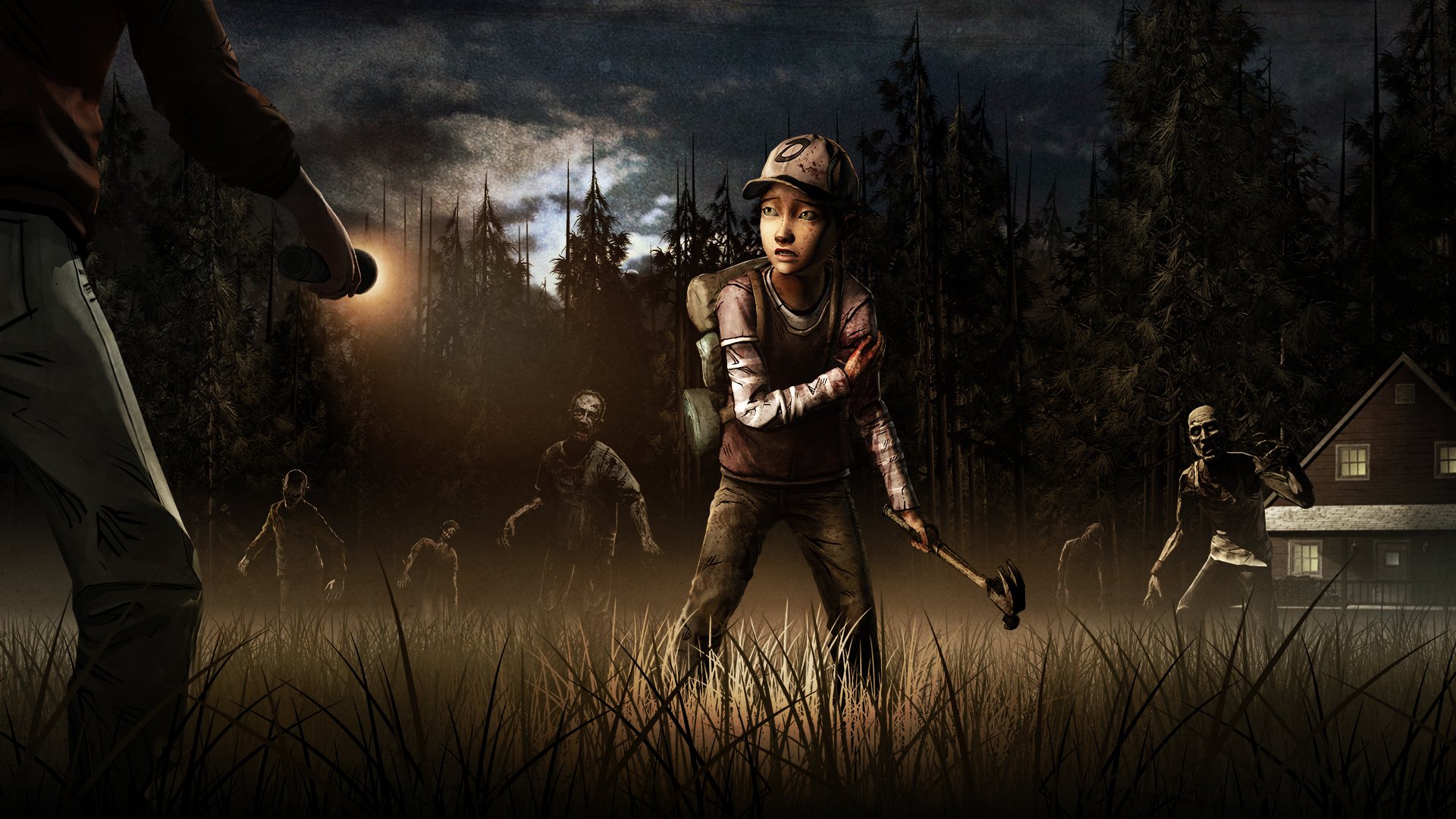The Walking Dead‘s first season blew my mind. Abound with stellar performances, impactful plot points and captivating characters, the narrative-driven experience rightfully attracted countless game of the year nominations and walked away with a few too. At the then-Spike Video Game Awards, it earned top honours winning Game of the Year and Telltale earning the Studio of the Year award.
It was a significant achievement for Telltale of course. Up until that point, the relatively small studio had not received much attention despite some success with their Tales of Monkey Island, Sam & Max and Back the Future episodic releases. However, The Walking Dead proved they were an incredibly capable development team with tremendous ability to tell gritty, compelling stories.

They set a strong precedent too. The following year, games such as Gone Home, Grand Theft Auto V, The Last of Us and BioShock Infinite further contributed to a shift in player expectations when it comes to game narrative. Studios big and small could no longer ignore that the bar had been raised, and Telltale played an enormous role.
— Telltale (@telltalegames) September 21, 2018
That makes the news of Telltales closure more bitter a pill to swallow. Knowing we may never see a conclusion to The Walking Dead series that in many ways started it all, nor the long-awaited second season of The Wolf Among Us is hard to come to terms with. It is of course, nowhere near as hard as it is for the former employees of Telltale. As accounts of the final days emerge, it sounds as if it was a sudden and brutal closure that has come as a shock to many.

We can only speculate what the full extent of problems were, but undoubtedly, their games did not sell sufficiently enough. From the outside, they appeared to have possibly grown too quickly and endeavoured to put too much out. Their engine was consistently criticised for its sluggishness and inconsistency of episode releases frustrated players. Perhaps they would have benefitted from better staggering season releases and taking more time to polish the games and build anticipation. They always seemed to have too much on the go and unsurprisingly players became fatigued, although the quality of narratives remained relatively consistent.
Their closure has been felt. No tweet summarizes it better than this one from the official account for Life is Strange, a series that evidently drew a lot of inspiration from Telltale’s games.
It's a terrible blow to the industry and to us fans to see you go @telltalegames. Thank you for inspiring so many of us over the years and for creating games we always looked forward to playing.
— Life is Strange (@LifeIsStrange) September 22, 2018
It is indeed a terrible blow to the industry. Telltale were part of a relatively small group of developers that championed narrative-driven gameplay and proved video games were an incredible art-form. They have helped inspire countless after them. It was, of course, the studio where Sean Vanaman cut his teeth, before co-founding Campo Santa and releasing Firewatch, one of my favourite narrative-driven games in recent years.
Telltales stories were often raw, unflinching and thoroughly engaging, and left us hanging for more. Other developers and publishers would be wise to take on the talent now looking for work, as many already have. Regardless of where those that formerly made up the studio end up, Telltale’s legacy will live on. Video games are an immensely powerful storytelling medium, and Telltale proved it.



